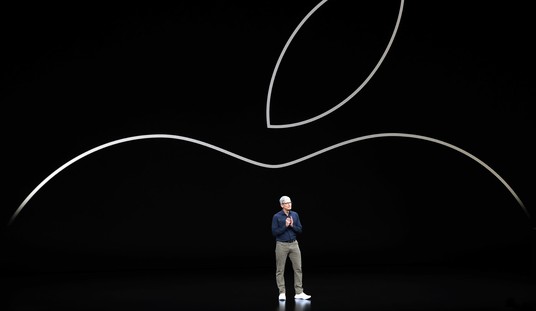While all the buzz this morning is about Bill Clinton’s speech last night, senior Obama campaign advisor David Plouffe sought to lower expectations for an Obama polling bounce following the convention.
Speaking on ABC’s “Good Morning America” on Thursday, the day President Obama is set to deliver his campaign speech and a day after former President Clinton delivered his convention speech, Plouffe said he expected the race to remain tight up until Election Day.
“This is a very tight race,” Plouffe said. “We’ve always believed that there’s very little elasticity in the election. I don’t think you should expect a big bounce. I think this is a race where we’ve got a small but important lead in some battleground states. It’s going to be very, very close all the way out.”
Plouffe’s comments come roughly a week after the Republican National Convention. Mitt Romney enjoyed a short-lived 2-point convention bounce before Obama retook the national lead, according to polling. Nevertheless, Plouffe said, Republicans missed an opportunity during their convention.
“But I think the Republicans had an opportunity last week to lay out for the American people what they would do for the middle class,” Plouffe added. “Our sense is they missed the mark, so we think we’re making a lot of progress this week, but again, you’re not going to see big bounces in this election. I think for the next 61 days it’s going to remain tight as a tick.”
Sort of like the Obama campaign moving the president’s big speech indoors because it might rain — even though the chances of rain today are 0% — the Democrats had high hopes that the convention would put a little distance between them and Romney, only to see those hopes dashed by reality.
TV viewership of the conventions is way down. Couple that with what pollsters are telling us about the huge percentage of people who have already made up their minds about who to vote for, and the chances of getting even a modest bump in the polls from the conventions becomes remote:
Gallup’s daily tracking poll shows the number of undecided voters hovering between 6 percent and 8 percent — compared with 11 percent at this point in 2008. An NBC News/Wall Street Journal poll put the percentage of undecided voters at 3 percent, down from 12 percent in late July 2008. A Pew survey found 5 percent didn’t know who they’d vote for, half of the number at this point in 2008.
Unless one side or the other makes a fatal error, the chances of Plouffe’s “tight as a tick” scenario coming to pass are pretty good.










Join the conversation as a VIP Member